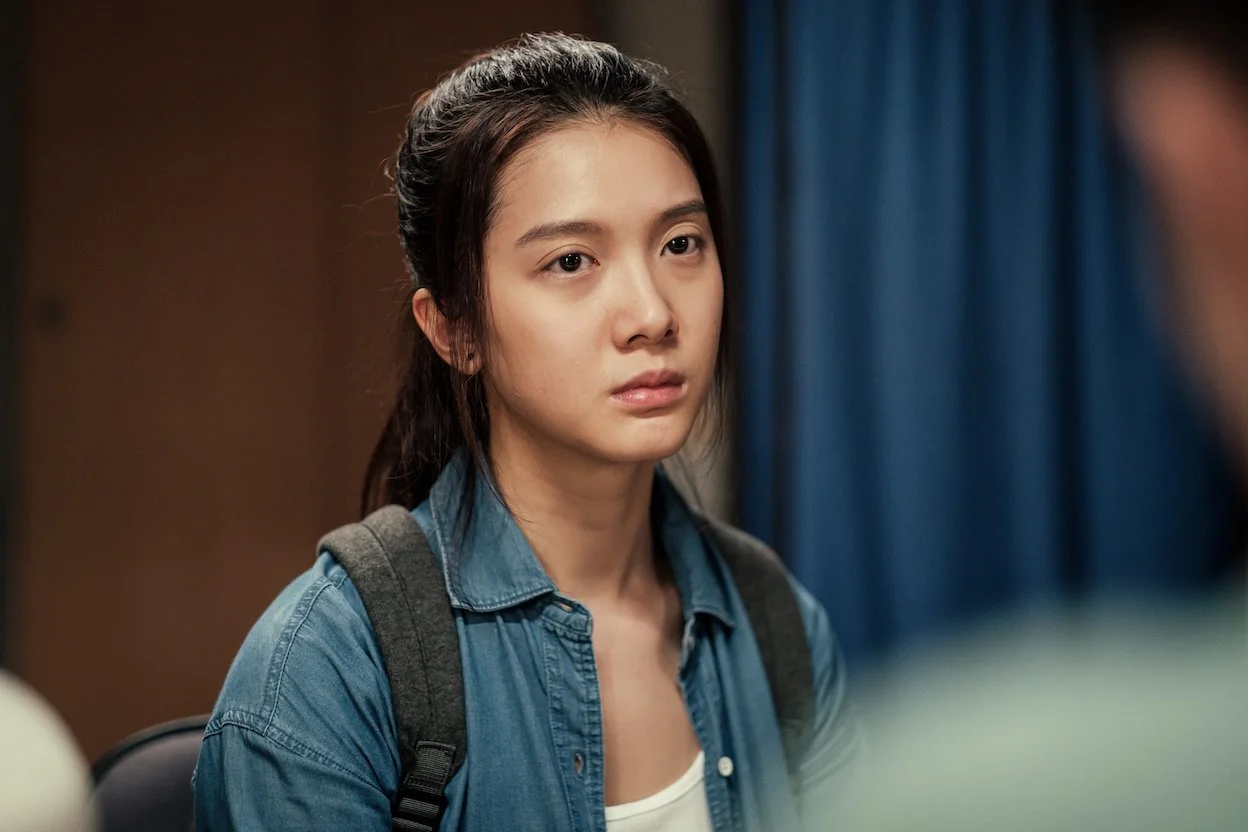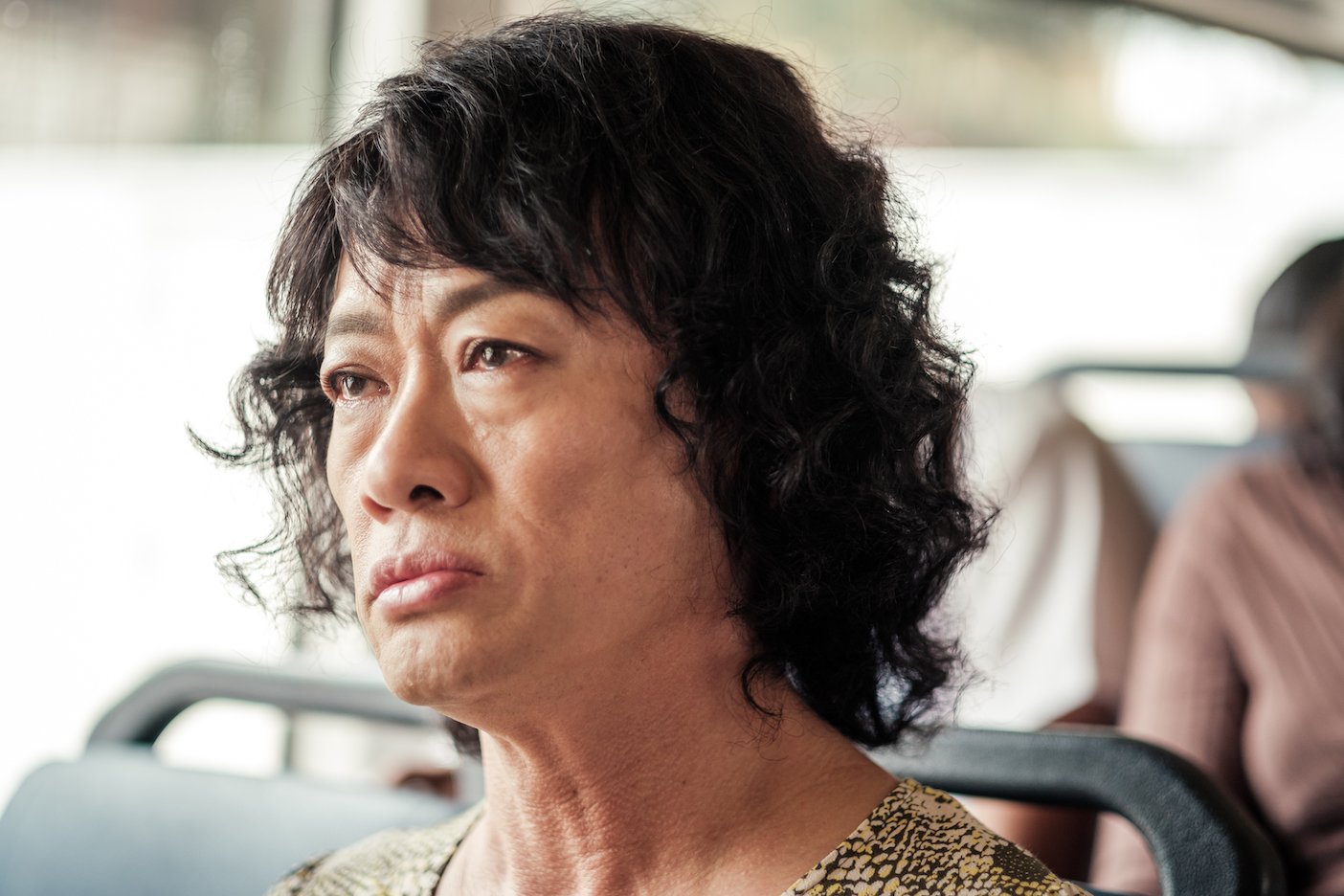Oh, Brother
The Malaysian festival sensation isn’t terrible, but it may be more of an industry trailblazer than a creative one.
ABang Adik
Director: Jin Ong • Writer: Jin Ong
Starring: Wu Kang-ren, Jack Tan, Serene Lim, Tan Kim Wang, Bront Palarae
Malaysia • 1hr 55mins
Opens Hong Kong December 7 • III
Grade: C+
There’s something to be said for breaking the mould. Let’s face it: Malaysian cinema is known mostly for its static imagery, dialogue that puts mumblecore to shame and an aesthetic that refuses to respect the “motion” part of “motion picture”. It’s known for being awards bait-y – festival awards from events like the less crowd-pleasing Busan and Rotterdam – and Deep & Meaningful. Think Ho Wi-ding (who mostly works in Taiwan), Woo Ming-jin (coming-of-age tale The Tiger Factory), and Tan Chui-mui (obsessive romance Love Conquers All). That’s not to suggest that’s the sum total of the country’s cinematic output. It’s just the stuff we get to see beyond its borders.
So when something punchy, modern and stylish comes along everyone sits up and takes notice. What’s that? D&M as well as cool? Sign me up. It’s this cocktail that’s got everyone buzzing over Jin Ong’s (producer on the far more “Malaysian” film about mental illness, Shuttle Life) directorial debut Abang Adik, executive produced by actor Angelica Lee Sinje (20: 30: 40, Re-Cycle). The film pivots on two “brothers”, undocumented orphans Abang (freshly minted Golden Horse winner Wu Kang-ren, Light the Night, the forthcoming Fly Me to the Moon) and Adik (pop star Jack Tan Chek-yao, Zahir Omar’s highly recommended KL-set thriller Fly By Night), their attempts to get by, get rich, get papers, avoid cops, avoid the gallows, and stay loyal to each other. Since it was finished, which Ong said was dicey given the Malaysian censors’ displeasure with the film’s depiction of the country’s less savoury side, Abang Adik has scooped up accolades at Udine Far East, New York Asian, and Okinawa film festivals as a few, and it’s tearing it up the box office at home in Malaysia. Too bad it’s not all that.
Abang and Adik live in Kuala Lumpur’s Pasar Pudu district, home to the city’s disadvantaged and marginalised. It teems with wet markets, ethnic populations, and anyone wanting anonymity, like the brothers’ neighbour, trans sex worker Money (Tan Kim Wang). Barely living above the poverty line, like most of Pudu’s residents, Abang is also deaf mute. He’s resigned to their fate. Adik not so much, and so of course he whores himself out and gets mixed up with some gangsters (Bront Palarae has a small part) selling forged documents. Into this mix comes social worker Jia En (Serene Lim), who’s determined to help the brothers. Abang is receptive to the idea of some kind of legal status, particularly when he sees the Burmese girl (April Chan) he’s kind of crushing on get repatriated to Myanmar just like that. Adik’s less convinced, and relentlessly rebuffs Jia. He rebuffs her quite violently one day and shit really goes sideways for the duo.
This is classic, dyed-in-the-wool brotherhood stuff, a theme that by now has slipped into sub-genre, especially in Asian cinema. And Ong’s script has its graceful moments exploring Abang and Adik’s connection – yes, there are flashbacks – and demonstrating the ties that bind (the egg thing most obviously), the way they stitched together a genuine family of their choosing (rare in Malaysian films), and the emotional and personal clashes that come from brotherhood. Wu and Tan are both truly excellent, Wu more so, and it’s easy to believe their bond.
So Abang Adik has a great deal going for it. On top of Wu, Tan and respect for found families, it mirrors Fly By Night’s (I’m telling you, find this film) linguistic hodgepodge, with Mandarin, Cantonese, Malay and English all woven into the urban tapestry – in addition to sign language. It feels authentically KL. Money is the kind of casually trans woman that, in a perfect world, she would actually be. DOP Kartik Vijay’s (The Garden of Evening Mists) saturated images give the Pudu a vibrant personality. You can almost smell the streets and feel the heat from the crowds. The opening sequence where the police bust a gang is tremendous – it provides a concise snapshot of the cityscape – and Ong never turns the camera away from the official harassment Pudu’s people are subjected to, or the ugly power divide between “real” Malays and everyone else. But structurally the film is messy, and relies on a slew of hoary plot contrivances we can all see coming for forward momentum, and it has about 36 endings that muddle the story and neuter whatever message Ong was trying to convey. I know, I know. I said up there that Malaysian cinema was saddled with a 100% artsy D&M image. Those are not bad things; filmmakers with something to say make better films, and treating the medium like art is never wrong. But in trying so hard to shed its art house vibe Abang Adik spirals into a ridiculous example of, what? A thriller? A legal drama? A Sirk-ian melodrama? What the hell is going on? Twists are for Shyamalan, not dramatic commentaries on Malaysia’s dispossessed. — DEK



